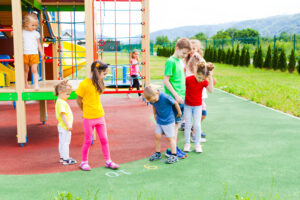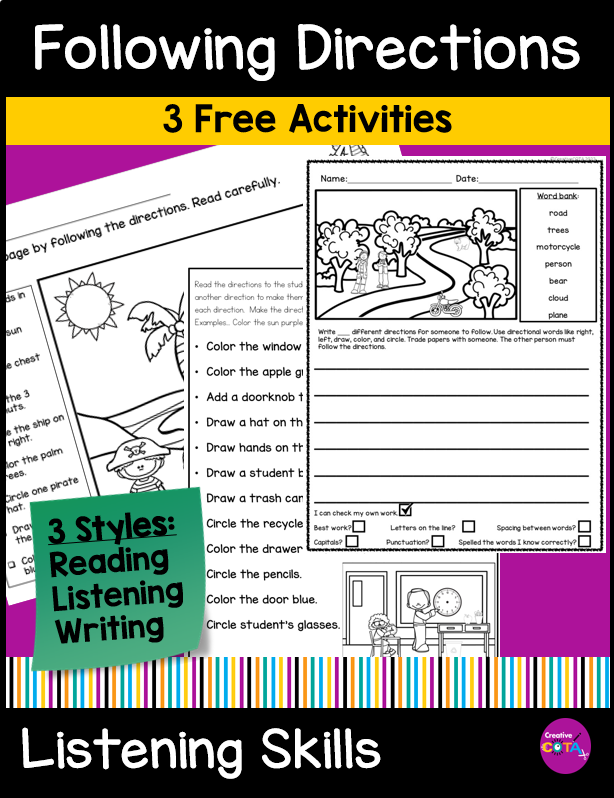Social-emotional learning (SEL) is an essential component of education today. Many students face challenges managing their emotions, handling stress, and using effective coping strategies, which can impact their ability to focus, participate, and learn effectively. SEL equips students with the tools they need to understand their emotions, build positive relationships, and develop empathy—all of which are critical for their success in both school and life. Students who feel safe, regulated, and have positive connections with their teachers are more prepared to learn in school.










